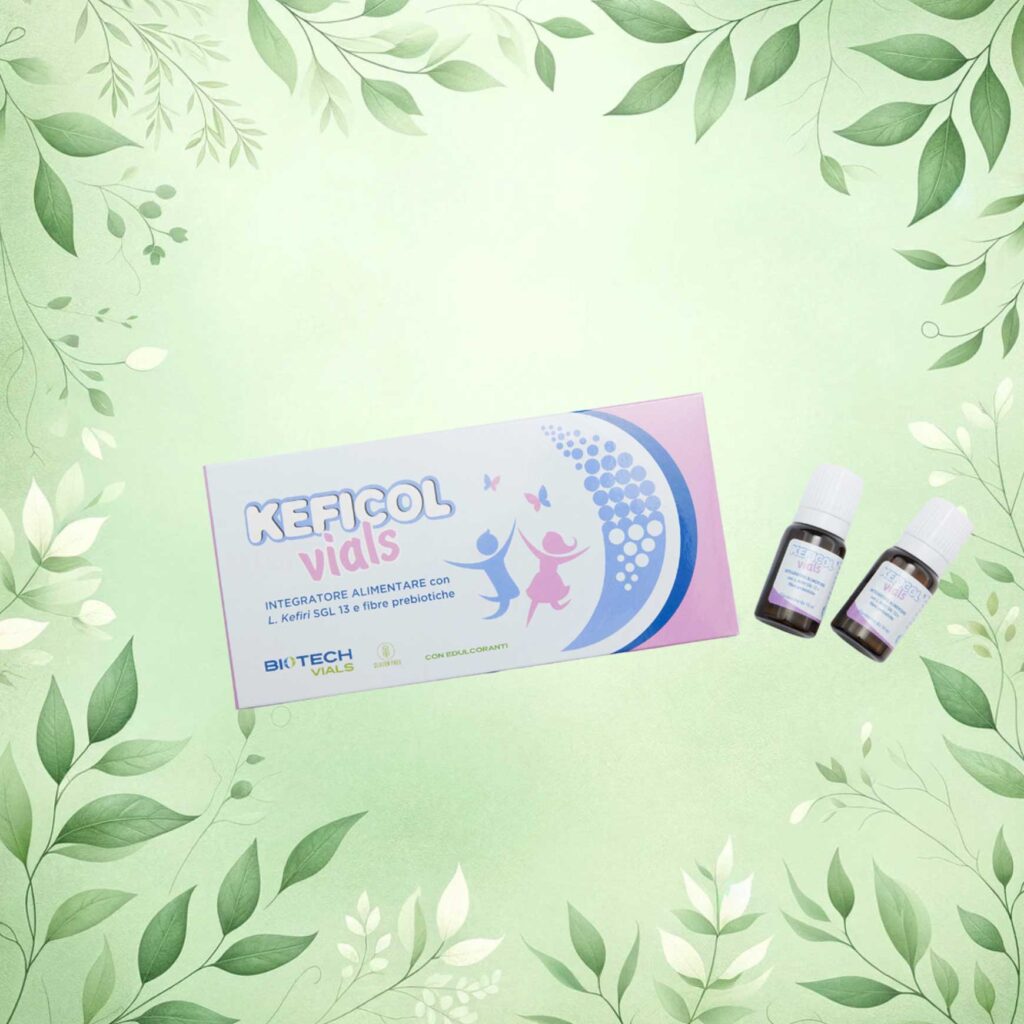Gli integratori di vitamina D stanno guadagnando sempre maggior popolarità grazie agli innegabili benefici di questa sostanza, ma sono davvero adatti a tutti? E esattamente quali funzioni svolge la molecola all’interno del nostro organismo? Scopriamolo insieme.
Cos’è
La vitamina D è in realtà un gruppo di più pro-ormoni liposolubili: le vitamine D1, D2, D3, D4, e D5. Nell’ambito dell’integrazione, però, con il termine vitamina D si fa solitamente riferimento alla D3, conosciuta anche come colecalciferolo.
Questi composti svolgono una funzione fondamentale all’interno del nostro organismo. La loro scoperta, a opera del pediatra tedesco Kurt Huldschinsky, è legata allo studio del rachitismo, malattia causata proprio da una mancata sintesi dei pro-ormoni che porta, se non trattata, a problemi nello sviluppo osseo dei più giovani. La vitamina D infatti vede tra le sue funzioni principali la promozione della calcificazione ossea.
La vitamina D sembra avere anche ulteriori benefici in altre applicazioni. Secondo alcune ricerche (che, è doveroso sottolineare, non hanno ancora fornito risultati univoci) risulta infatti in grado di abbassare il rischio di depressione. Appaiono più chiari invece gli indizi che portano a supporre un ruolo positivo del colecalciferolo nella prevenzione della sclerosi multipla.
La carenza di vitamina D affligge la popolazione italiana soprattutto nei mesi invernali: questo è spiegato dal fatto che il nostro corpo può sintetizzare questa molecola a livello endogeno solo attraverso l’assorbimento di radiazioni ultraviolette provenienti dai raggi del sole, a cui siamo meno esposti in determinati periodi dell’anno.
Dove si trova
In caso di mancata o carente sintesi di colecalciferolo è molto difficile assumere vitamina D in quantità apprezzabili solo attraverso l’alimentazione. In ogni caso, tra gli alimenti più ricchi di ergocalciferolo (o D2, la forma che assumiamo con il cibo) troviamo l’olio di fegato di merluzzo, il salmone e altri pesci grassi, le uova e la carne rossa.
Impiego negli integratori
La corretta sintesi della vitamina D è strettamente legata alla salute delle ossa, ma, come visto in precedenza, determinate patologie o condizioni ambientali potrebbero portare a carenze potenzialmente pericolose. Se accertate tramite analisi del sangue, queste possono essere contrastate attraverso l’uso di integratori alimentari.
Tra tutti i formati disponibili, gli integratori in gommose Gummyvit Vitamin D spiccano per praticità. Preparati con ingredienti di origine naturale, senza lattosio e senza glutine, sono la soluzione ideale per assumere il fabbisogno quotidiano di colecalciferolo anche fuori casa e senza bisogno d’acqua.
Rischi e controindicazioni
L’assuzione di vitamina D dovrebbe essere preceduta da parere medico, senza trascurare di monitorarne periodicamente i livelli nel sangue durante la terapia. Questo perché, se da un lato la carenza di questa sostanza porta a conseguenze anche gravi, lo stesso vale per chi ne abusa.
Altissime dosi di vitamina D assunta in modo incontrollato possono essere tossiche per il nostro organismo, e condurre a ipercalcemia (un eccesso di calcio nel sangue). Questa, di conseguenza, si può declinare in sintomi quali nausea, diarrea, ipercalciuria, ipercalcemia, poliuria, calcificazione dei tessuti molli.





